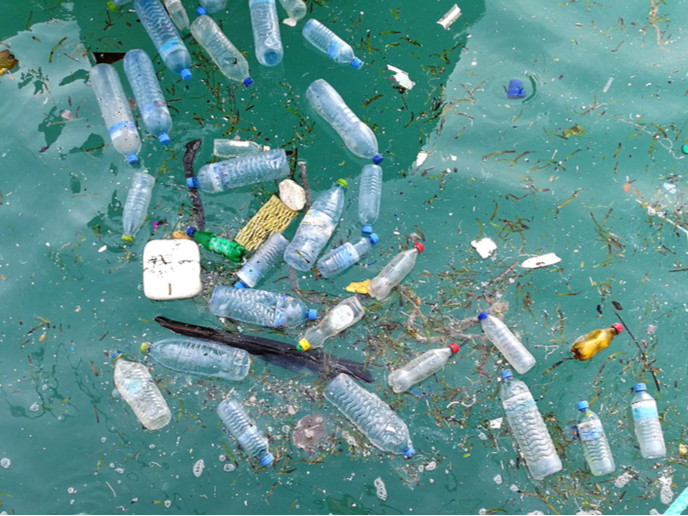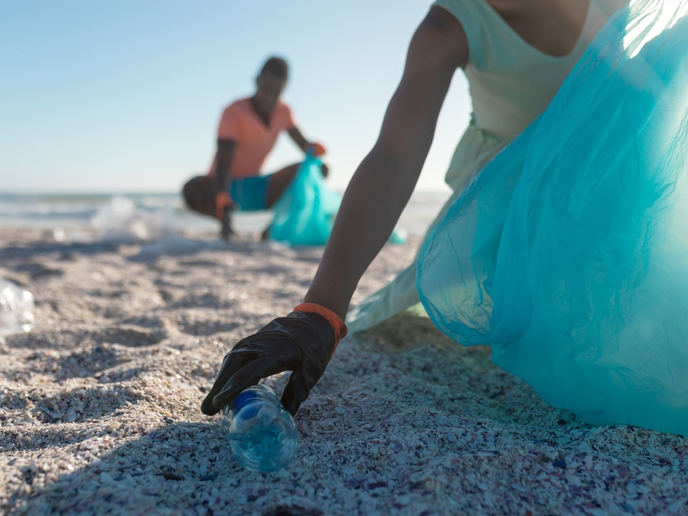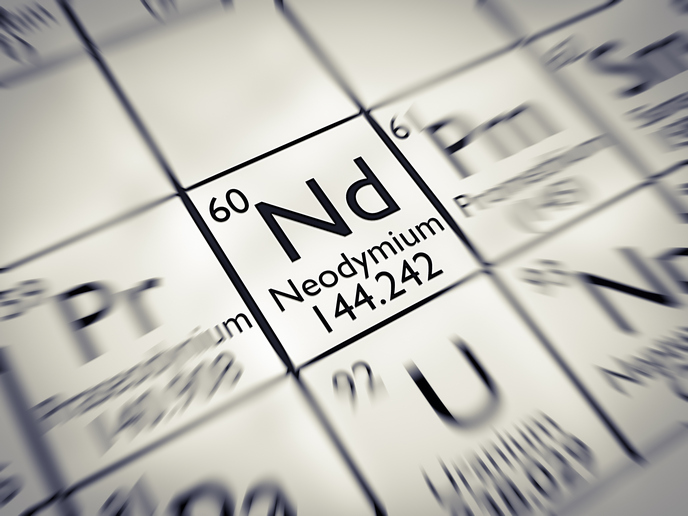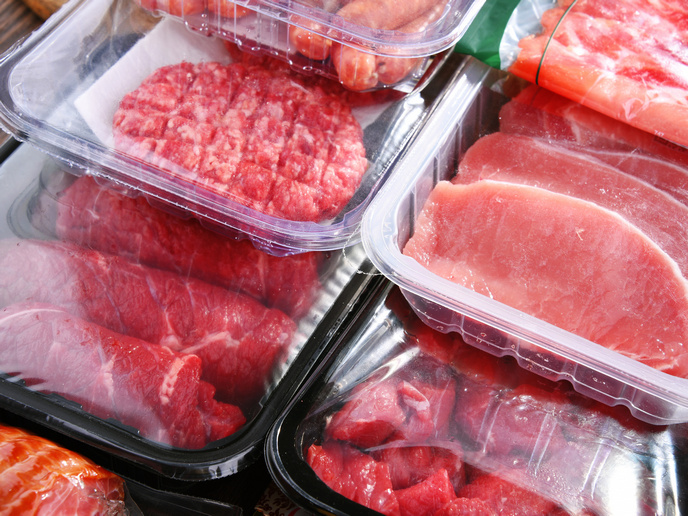Say good-bye to plastic bottles with mineral water made at home
Plastics have changed our lives dramatically, enhancing personal convenience in many ways. However, they are increasingly finding their way back into the ecosystem – and our bodies. Most people in Europe have access to clean tap water. The EU-funded RE-WATER project is exploiting this with a novel countertop system. Sort of like a coffee pod machine, Retap Pure will produce an eco-friendly mineral water alternative with the taste consumers expect from bottled water. Seeing the forest and not only the trees An on-the-go lifestyle and a desire for the purported health benefits of bottled mineral waters have contributed to a doubling of global bottled water consumption within a decade. According to project coordinator Lars Brøndum Petersen, from 212 billion litres in 2007, consumption rose to 391 billion in 2017. It is set to top a half a trillion by 2021, translating to 20 000 bottles sold every second. Consumers may be happy, but recycling cannot keep up. The resulting plastic waste threatens oceans, coastlines, aquatic organisms and human health. It is estimated that between 5 and 13 trillion tonnes of plastic find their way into the world’s oceans each year. In addition, approximately seven litres of water are needed to produce a litre of bottled water. Further, the 212 billion litres of bottled water sold in 2007 required 54 million barrels of oil to produce them, approximately 2 000 times more than that required to provide the equivalent volume of tap water. Add to this the carbon footprint associated with transporting the bottled water by plane, ship, train and truck to its point of sale, and the environmental impact of bottled water is huge. A simple solution with potential for tremendous impact EU-funding of the RE-WATER project provided the opportunity to assess the technical feasibility of the Retap Pure Machine, a simple countertop appliance that takes potable tap water, removes any chlorine added for disinfection, and enhances mineral content. It sports a carbon filter, reverse osmosis and enhanced minerals technology utilising Retap Pure Capsules for infusion of a variety of consumer-preferred mineral compounds. Headed to market RE-WATER has enabled finalisation of the product and testing in an operational environment. The tests demonstrated conformation to EU standards and resulted in CE certification. The team has created awareness among target industry groups and established collaboration with key stakeholders. Its well-defined market strategy should ensure a successful product launch with high impact. According to Brøndum Petersen, “The market for Retap Pure is defined by the global market of household and professional water purification solutions, which in 2019 is valued at EUR 18.7 billion. The market is set to grow rapidly in the next decade, estimated to be valued at EUR 23.5 billion by 2022.” Stakeholders have shown tremendous interest in bringing the Retap Pure Machine to market and RE-WATER plans to achieve that by 2021. Revolutionising the way purified mineral water is produced, RE-WATER outcomes could have far-reaching and nearly inestimable impact on the environment, ecosystems and human health.
Keywords
RE-WATER, water, bottled water, mineral, Retap, plastic, recycling, environment, capsules, reverse osmosis, carbon filter, chlorine







